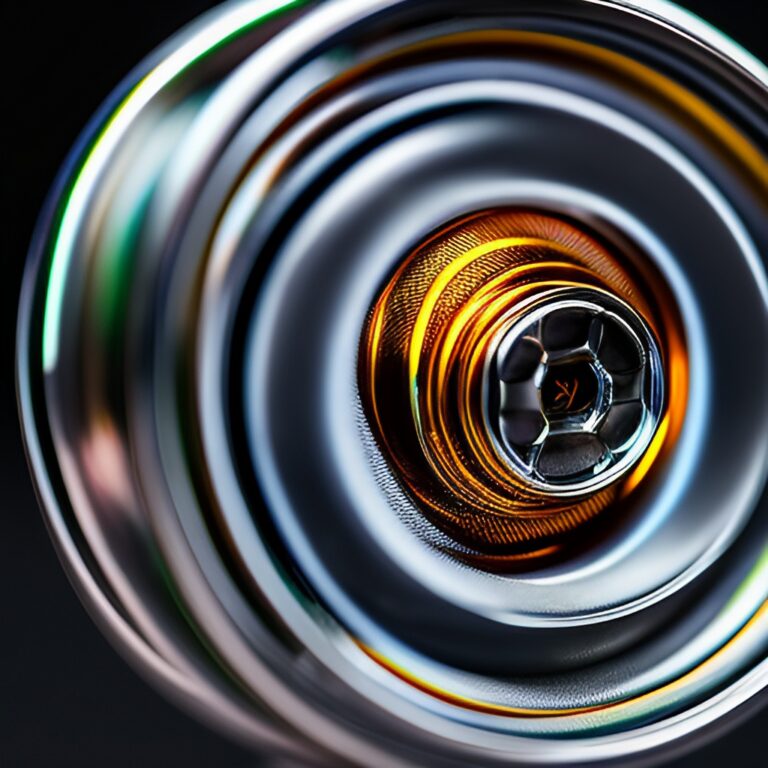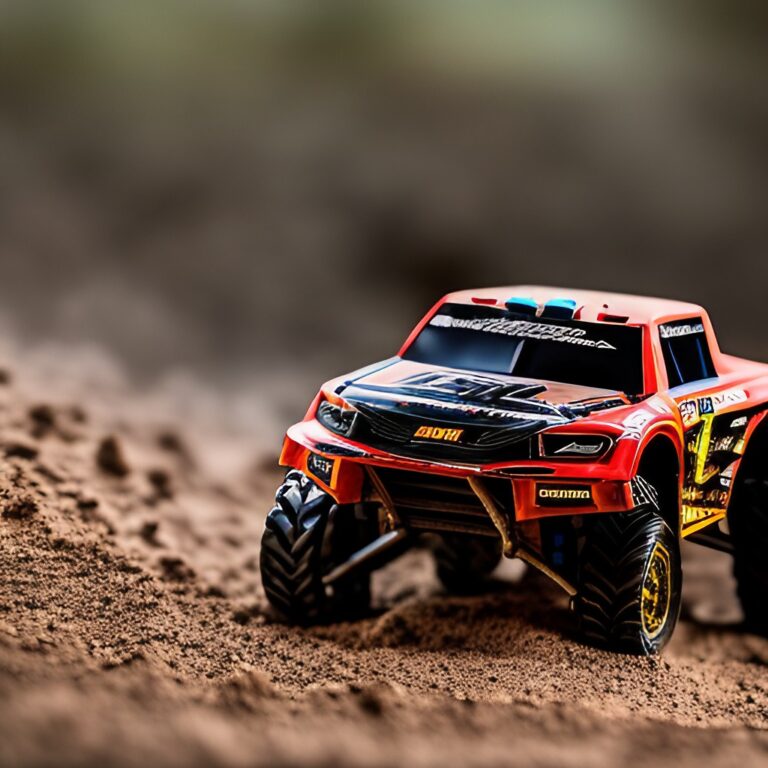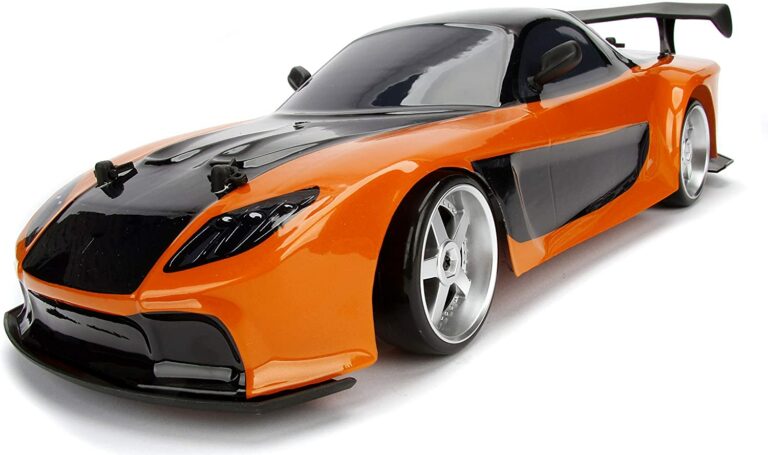Remote control vehicles are a lot of fun, but have you ever been frustrated with the performance of your RC car or truck?
You might be wondering what is the difference between brushed motors and brushless motors in remote control vehicles.

Brushless motors tend to be more powerful than brushed ones, as they don’t wear out over time like brushes do. They also need less maintenance because there aren’t any moving parts that can get dirty.
In remote control vehicles, the brushless motor is usually found in high-end models.
They are more expensive than brushed motors because they require a lot of engineering to make them work properly and be powerful enough for RC cars or trucks that can go fast on rough terrain without getting damaged too easily by bumps along their way!
Brushless motors have been around longer than brushed motors.
The materials used to manufacture them tend to wear down faster, which means performance might not be as great over time for a brushless motor.
Are brushless motors worth the price?
Brushed motors are cheaper, but they don’t last as long and can be more difficult to maintain.
Brushless motor vehicles tend not only cost a lot of money upfront for the vehicle itself with the brushless technology installed in it.
This is usually why people buy these types because their performance will never diminish over time like brushed ones do, but also require batteries that have higher capacities than those required by other RC cars or trucks without this type on propulsion system so you’ll need an investment there too!
Which Motor Is Better?
The better option between these motors is the brushless, but they are more expensive.
Brushed motors wear out over time and need to be replaced which can get costly if you’re not careful with your car’s maintenance schedule;
The brushless motor propulsion systems don’t have any moving parts that will eventually break down so there’s no worry about replacing them or the cost associated when it does happen!
Battery Life
The average battery life of a brushless motor is around 15-20 hours while brushed motors will last around 30 minutes to an hour before they need a recharge.
Power Input
They also require batteries for power – usually lithium-ion ones because their voltage outputs higher than other battery chemistries like nickel cadmium (NiCad) – which means a greater range on one charge as well since NiCs only provide around 11 volts while LiIons offer up 18V at full capacity).
Brushless motors have better overall performance and power so you can get more speed and torque out of them.
They also have a higher top end, which means they can go faster than brushed motors without overheating or burning up the motor brushes;
Brushed Motors : these types are cheaper to produce because there’s less technology involved in their design but that comes at an expense: you’ll need new ones every few months if not sooner!
The other downside is power output – brushless systems will always outperform those with moving parts so it’s worth investing upfront for better performance later on down your RC vehicle racing career path.
If money isn’t tight then we recommend going ahead right now (or as soon) possible when purchasing any remote control car.
Conclusion
So what’s the verdict? Brushless is better, right!? Not so fast!
If you’re just starting out with RC cars then we recommend going for brushed because it’ll be cheaper and easier on your wallet in case things don’t work well at first but if money isn’t tight or this hobby has become something that really interests/excites you, go ahead and purchase any remote control car with a brushless motor.
Brushless motors will outperform brushed motors but come with a bigger price tag.
The bottom line?
If money isn’t tight then we recommend going for a brushless motor, but if you’re on the budget side of things and don’t mind replacing your motors every few months or so it’s worth investing in brushed ones!






Leave a Comment